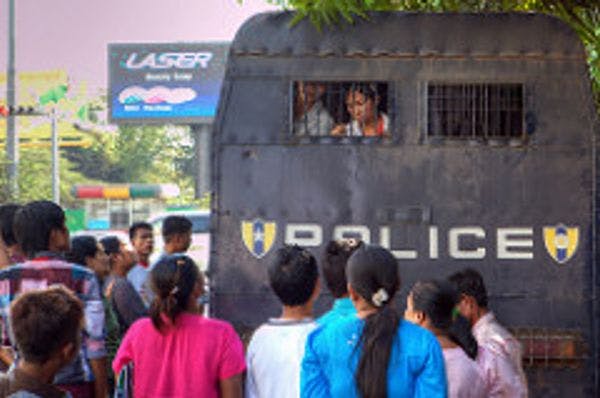Un nouvel accord ne marque pas la fin de la guerre contre la drogue dans la région ASEAN
L’UNGASS 2016 n’a pas apporté de modifications substantielles aux approches répressives des politiques en matière de drogues en Asie. Pour en savoir plus, en anglais, veuillez lire les informations ci-dessous.
Abonnez-vous à l'Alerte mensuelle de l'IDPC pour recevoir des informations relatives à la politique des drogues.
By Yola Verbruggen - Myanmar Times
A global meeting on drugs failed to deliver a highly anticipated shift from a punitive approach to narcotics, disappointing Myanmar advocacy groups.
The outcome of the UN General Assembly Special Session on drugs held last week in New York instead resulted in a draft resolution that brings little new to the table, experts said.
Nang Pann Ei, a coordinator of the Drug Policy Advocacy Groups, called the UNGASS meeting significant because Myanmar civil society was able to speak up for opium farmers facing the constant threat of crop eradication. But she voiced disappointment about the resulting policy document, saying it has “some serious gaps”.
“It did not mention harm reduction specifically, and decriminalisation of drug use and abolishing the death penalty for drug-related offenses was not mentioned,” she said. “This will impact Myanmar drug policies, which will still stick to repressive drug laws and not change to 100 percent human rights-based drug policies for the affected communities.”
“We hoped UNGASS would help change these outdated and repressive policies, but this unfortunately did not happen,” she added.
Click here to read the full article.
Keep up-to-date with drug policy developments by subscribing to the IDPC Monthly Alert.
Thumbnail: Flickr Timothy Neesam
